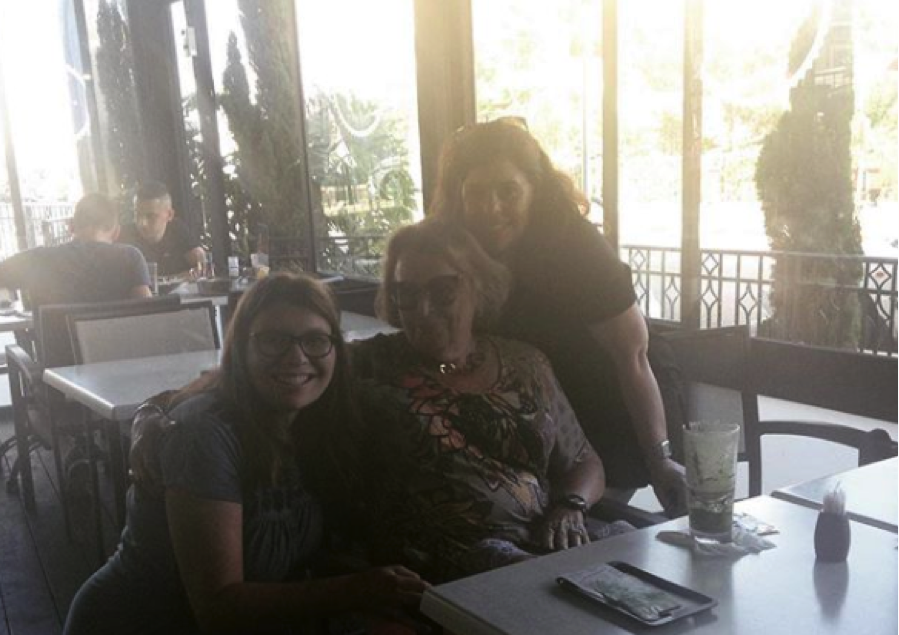
In my time at Conn, I have fallen in love with the theater department. I don’t consider myself an actress, but a scholar of American playwriting and musical theater. Before I went abroad last spring, I took a class called American Drama in the department and loved reading plays for homework. Sometimes, my class would act out the assigned plays and critically examine them from top to bottom. Professor Ken Prestininzi guided us through the classic American canon of plays written by playwrights such as Edward Albee, Tennessee Williams, and Sophie Treadwell. My favorite play we read as a class was “Machinal” by Sophie Treadwell which critically examined the effects of a capitalist society on a character. Recently, I found myself in a similar situation to Treadwell’s own playwriting. I sat down at my computer and attempted to write a play that examined my own relationship with society and my family members.
As part of my Jews in Contemporary American Society class, I have turned to my love of theater for aid in my final project. Instead of writing a final paper like the rest of my classmates, Sharon Portnoff, my professor, and I agreed that I would write a play that reflected the themes of the class. These themes address Jewish identity throughout American history, contemporary Jewish philosophy and feminism and also the future of the memory of the Holocaust among Jews.
In my play, I examine my mother and her family’s relationship with the knowledge that my grandparents survived the Holocaust; how my grandparents went about recounting their experiences throughout this traumatic period is still a mystery because they did not talk about it during their lifetime. While they have passed away, my grandparent’s legacy is still with us as a family as we do not discuss this period in our own history. My play is about coming to terms with the past and acknowledging experiences, as the ones who will tell the stories to future generations.
Writing the play has given me the strength to reach out to those closest to my grandparents, including my Opi* Harold’s best friend, David Toren. David’s guidance and memories of my Opi showed me that while someone may be gone, writing about them would perhaps aid in my own understanding of where I come from and where I will go in the future. My favorite playwrights did not prepare me for the unknown and where a conclusion can be drawn from a performance of their plays. “END SCENE” is not the official ending of my play; it is the beginning of my dialogue with my family about our chilling past and my own coming to terms with it.
*Opi is German from Grandpa